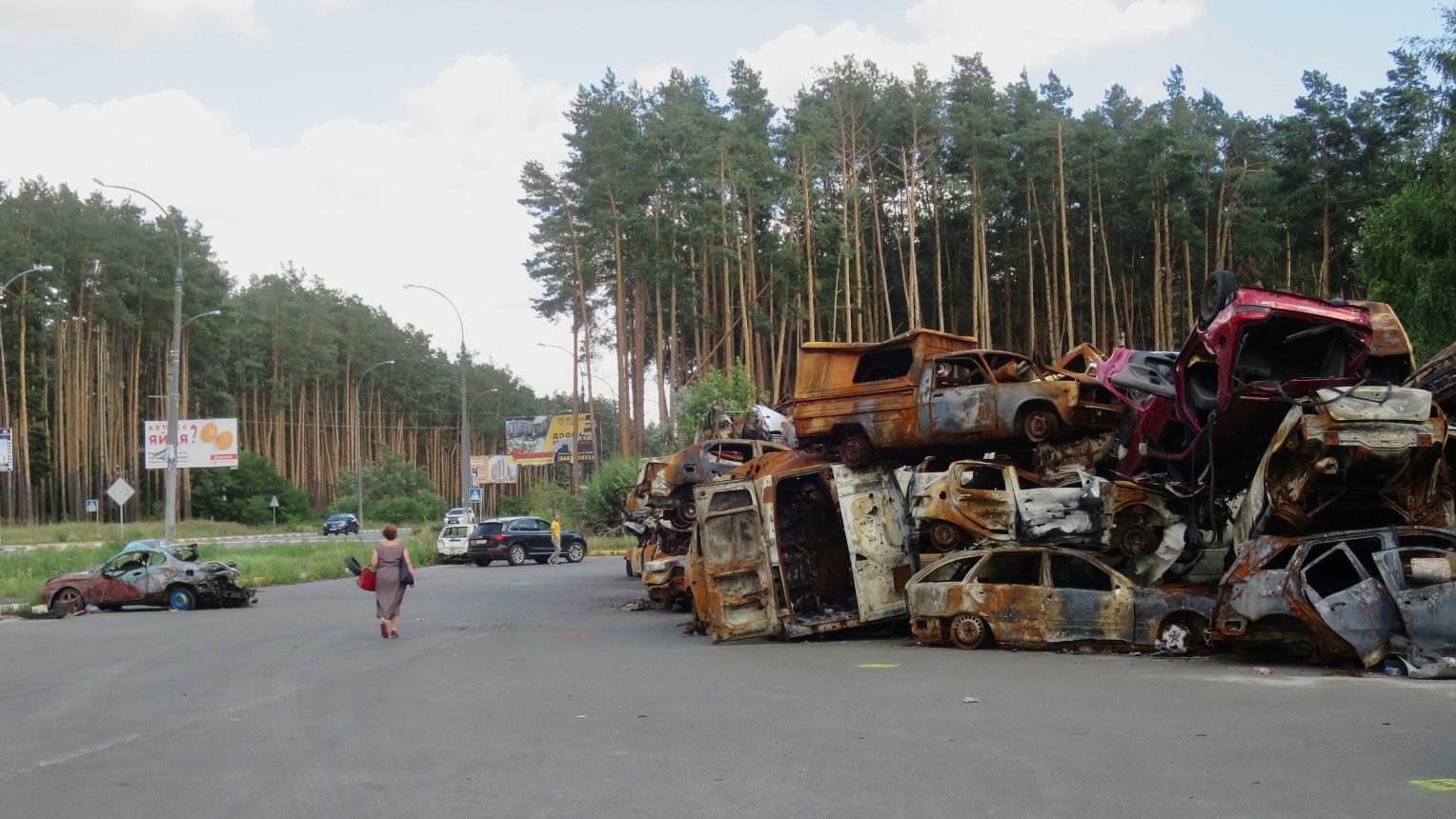
The war in Ukraine has gone on, depending on the point from which you choose to measure, either for just over six months as of this writing, or since 2014 when Russia annexed Crimea, or some time long before that in the tenuous circumstances following the dissolution of the Soviet Union. Nonetheless, the most recent phase of this conflict has thrust the war into global consciousness, lending the world a new armed crisis to focus on just as the last troops withdrew from Afghanistan.
It was in considering that shift – away from the Middle East and toward Eastern Europe – that compelled Salar Abdoh, Iranian novelist and essayist who has embedded and covered conflicts in Iraq, Afghanistan and elsewhere in the region, to once again travel into a conflict zone. Although he felt that it seemed strange to cover a war in Europe when there was still a conflict in his own region, among people who speak his own language, it was in fact that tension that he wanted to explore: “Ukraine gets the attention that Afghanistan no longer does. I wanted to see how that worked and what it meant to me, if anything.”
Salar’s reflections on the war, as well as the photos from his journey in Ukraine, were recently published in Guernica. Below is an excerpt. Click the link to read the full article.
Creedence Clearwater Revival’s “Run Through the Jungle” blasts for the first couple of minutes in Brad’s van — yellow and, to my mind, alarmingly easy to spot — in Bakhmut, in the Donbas province, Ukraine. The salient, which is how the militarily trained describe the enemy, stands about ten kilometers from us. We are here in a frontline town waiting for a lumbering enemy who no longer even bothers sending infantry unless a place has already been battered beyond recognition from the skies. A war of artilleries. Savage, arbitrary, relentless. If it requires skill and precision, and it does, I don’t see it. The devastation is mostly a crapshoot; one building is sliced in half, while another across or next to it stands perfectly erect. Broken windows, yes. But those get fixed. The burnt schoolhouse doesn’t. Not anytime soon. And before all of this is over, Bakhmut and towns like it will cease to be the most basic thing they had been: habitable.
The town is already mostly deserted. The firehouse crew remains. Each morning, the crew sees to it that the inhabitants who are left have food to eat. Supplied by an international NGO, the large packages wrapped in white plastic remind me of whole turkeys on sale at American supermarkets before Thanksgiving.
It had, in a way, begun, at least for me, three weeks earlier, not in Ukraine but in a café across from the University of Tehran. R, a young commander of the northern resistance against the Taliban in Afghanistan, was suggesting a trip to the Hindu Kush, where the Afghan resistance barely hangs on. With a shrapnel injury to his hand, he was recovering in Iran surreptitiously, wearing an ill-fitting dark suit, his thick black hair combed carefully, yet awkwardly, to one side. The man was entirely out of place in that hip café away from combat.
“No, I cannot go to those mountains right now,” I told him.
“Why not?”
“Because I must go to Ukraine.”
He looked disappointed but did not press with the obvious question: There’s a war far closer to your home, among people who speak your language. Why do you need to chase battle in Ukraine?




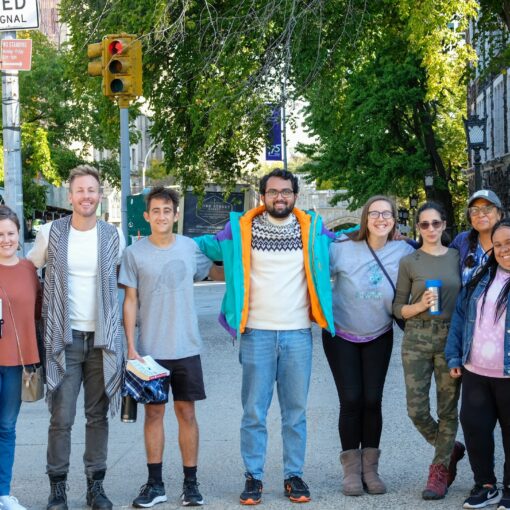

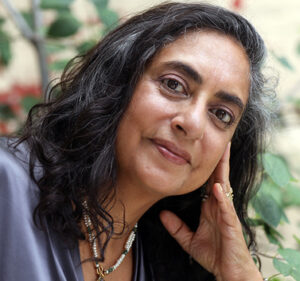
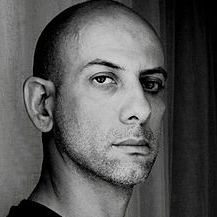 Salar Abdoh’s forthcoming novel is A Nearby Country Called Love (Viking Penguin, Fall 2023). His last book, Out of Mesopotamia(Akashic, 2020), has been hailed as “One of a handful of great modern war novels,” and was a NYTimes Editors’ Choice, and also selected as a Best Book of the year across several platforms, including Publishers Weekly. He is also the author of Tehran At Twilight, Opium, and The Poet Game, and editor and translator of the celebrated crime collection, Tehran Noir.
Salar Abdoh’s forthcoming novel is A Nearby Country Called Love (Viking Penguin, Fall 2023). His last book, Out of Mesopotamia(Akashic, 2020), has been hailed as “One of a handful of great modern war novels,” and was a NYTimes Editors’ Choice, and also selected as a Best Book of the year across several platforms, including Publishers Weekly. He is also the author of Tehran At Twilight, Opium, and The Poet Game, and editor and translator of the celebrated crime collection, Tehran Noir. Dalia Sofer is the author of the novels Man of My Time (Farrar, Straus and Giroux, 2020)—a New York Times Editors’ Choice and Notable Book of 2020, and The Septembers of Shiraz (Ecco Press, 2007)—also selected as a New York Times Notable Book of the Year. Her novels have been translated and published in 16 countries. A recipient of a Whiting Award, the PEN/Robert W. Bingham Prize, the Sami Rohr Choice Award, the Sirenland Fellowship, the Santa Maddalena Foundation Fellowship, and multiple residencies at Yaddo, Sofer has contributed essays and reviews to various publications, including The New York Times Book Review, The LA Review of Books, and The Believer.
Dalia Sofer is the author of the novels Man of My Time (Farrar, Straus and Giroux, 2020)—a New York Times Editors’ Choice and Notable Book of 2020, and The Septembers of Shiraz (Ecco Press, 2007)—also selected as a New York Times Notable Book of the Year. Her novels have been translated and published in 16 countries. A recipient of a Whiting Award, the PEN/Robert W. Bingham Prize, the Sami Rohr Choice Award, the Sirenland Fellowship, the Santa Maddalena Foundation Fellowship, and multiple residencies at Yaddo, Sofer has contributed essays and reviews to various publications, including The New York Times Book Review, The LA Review of Books, and The Believer.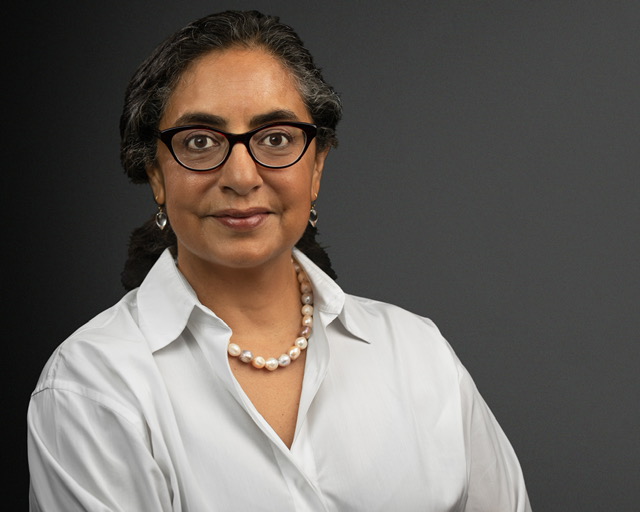
 Naima Coster is the author of
Naima Coster is the author of  Justine Calma is a journalist reporting on science and the environment for Vox Media’s The Verge. She previously covered environmental justice and health for
Justine Calma is a journalist reporting on science and the environment for Vox Media’s The Verge. She previously covered environmental justice and health for  Yahdon Israel is a writer, college professor and creator of Literaryswag, a cultural movement that intersects literature and fashion to make books cool. He has written for Avidly, The New Inquiry, Brooklyn Magazine, LitHub, and Poets and Writers. He teaches at The New School and City College. He hosts the Literaryswag Book Club, a monthly book club that’s free and open to public and the host of LIT, a weekly web series about books and culture.
Yahdon Israel is a writer, college professor and creator of Literaryswag, a cultural movement that intersects literature and fashion to make books cool. He has written for Avidly, The New Inquiry, Brooklyn Magazine, LitHub, and Poets and Writers. He teaches at The New School and City College. He hosts the Literaryswag Book Club, a monthly book club that’s free and open to public and the host of LIT, a weekly web series about books and culture. Nicole Dennis-Benn is the author of the novel,
Nicole Dennis-Benn is the author of the novel,  Nicole Sealey is an award-winning Poet and Director of Cave Canem. Born in St. Thomas, U.S.V.I. and raised in Apopka, Florida, Nicole is the author of Ordinary Beast and The Animal After Whom Other Animals Are Named, winner of the 2015 Drinking Gourd Chapbook Poetry Prize. Her other honors include an Elizabeth George Foundation Grant, the Stanley Kunitz Memorial Prize from The American Poetry Review, a Daniel Varoujan Award and the Poetry International Prize. Her work has appeared in or is forthcoming to Best American Poetry 2018, The New Yorker, The New York Times and elsewhere. Nicole holds an MLA in Africana studies from the University of South Florida and an MFA in creative writing from New York University. She is the executive director at Cave Canem Foundation, Inc.
Nicole Sealey is an award-winning Poet and Director of Cave Canem. Born in St. Thomas, U.S.V.I. and raised in Apopka, Florida, Nicole is the author of Ordinary Beast and The Animal After Whom Other Animals Are Named, winner of the 2015 Drinking Gourd Chapbook Poetry Prize. Her other honors include an Elizabeth George Foundation Grant, the Stanley Kunitz Memorial Prize from The American Poetry Review, a Daniel Varoujan Award and the Poetry International Prize. Her work has appeared in or is forthcoming to Best American Poetry 2018, The New Yorker, The New York Times and elsewhere. Nicole holds an MLA in Africana studies from the University of South Florida and an MFA in creative writing from New York University. She is the executive director at Cave Canem Foundation, Inc. Nelly A. Rosario is a Dominican-American author and creative writing instructor of Song of the Water Saints, winner of a PEN/Open Book Award. Her fiction and non-fiction works appear in various anthologies and journals. Rosario holds an MFA from Columbia University, where she has taught. She was formerly on faculty at Texas State University and a Visiting Scholar in the MIT Comparative Media Studies/Writing Program. Currently, Rosario is the 2017-18 Schumann Visiting Professor in Democratic Studies in the Latina/o Studies Program at Williams College and also serves as Assistant Director of Writing for the MIT Black History Project.
Nelly A. Rosario is a Dominican-American author and creative writing instructor of Song of the Water Saints, winner of a PEN/Open Book Award. Her fiction and non-fiction works appear in various anthologies and journals. Rosario holds an MFA from Columbia University, where she has taught. She was formerly on faculty at Texas State University and a Visiting Scholar in the MIT Comparative Media Studies/Writing Program. Currently, Rosario is the 2017-18 Schumann Visiting Professor in Democratic Studies in the Latina/o Studies Program at Williams College and also serves as Assistant Director of Writing for the MIT Black History Project. Cynthia Cruz is the author of five collections of poems: How the End Begins, Wunderkammer, The Glimmering Room, and Ruin. Her fifth collection of poems, Dregs, was published in September of 2018. The editor of an anthology of contemporary Latina poetry, Other Musics: New Latina Poetry (2019), Disquieting: Essays on Silence is her first collection of essays. Cruz is the recipient of fellowships from Yaddo, the MacDowell Colony, and a Hodder fellowship from Princeton University. She teaches at Sarah Lawrence College and Columbia University.
Cynthia Cruz is the author of five collections of poems: How the End Begins, Wunderkammer, The Glimmering Room, and Ruin. Her fifth collection of poems, Dregs, was published in September of 2018. The editor of an anthology of contemporary Latina poetry, Other Musics: New Latina Poetry (2019), Disquieting: Essays on Silence is her first collection of essays. Cruz is the recipient of fellowships from Yaddo, the MacDowell Colony, and a Hodder fellowship from Princeton University. She teaches at Sarah Lawrence College and Columbia University. Marc Palmieri has taught dramatic writing in the MFA program at CCNY since 2010, and Modern and Postmodern Drama, Shakespeare, Dramatic Writing for the stage, TV and Film, Fiction and other courses for the Undergraduate English Department since 2006. He is a full-time core faculty member in the School of Liberal Arts at Mercy College. Credits include: Miramax Films’ Telling You (screenplay), stage plays include Levittown (NY Times Critic’s Pick), The Groundling, Carl The Second and Poor Fellas (all published by Dramatists Play Service). He has published twice in Fiction, and in numerous anthologies for Applause/Limelight Books and Smith & Kraus Inc. His collection of plays for middle schoolers, S(cool) Days, will be published by Brooklyn Publishers in 2020. Marc is a fully vested member of SAG-AFTRA and Actors Equity. He received his B.A. from Wake Forest University and MA/MFA from the City College of New York.
Marc Palmieri has taught dramatic writing in the MFA program at CCNY since 2010, and Modern and Postmodern Drama, Shakespeare, Dramatic Writing for the stage, TV and Film, Fiction and other courses for the Undergraduate English Department since 2006. He is a full-time core faculty member in the School of Liberal Arts at Mercy College. Credits include: Miramax Films’ Telling You (screenplay), stage plays include Levittown (NY Times Critic’s Pick), The Groundling, Carl The Second and Poor Fellas (all published by Dramatists Play Service). He has published twice in Fiction, and in numerous anthologies for Applause/Limelight Books and Smith & Kraus Inc. His collection of plays for middle schoolers, S(cool) Days, will be published by Brooklyn Publishers in 2020. Marc is a fully vested member of SAG-AFTRA and Actors Equity. He received his B.A. from Wake Forest University and MA/MFA from the City College of New York.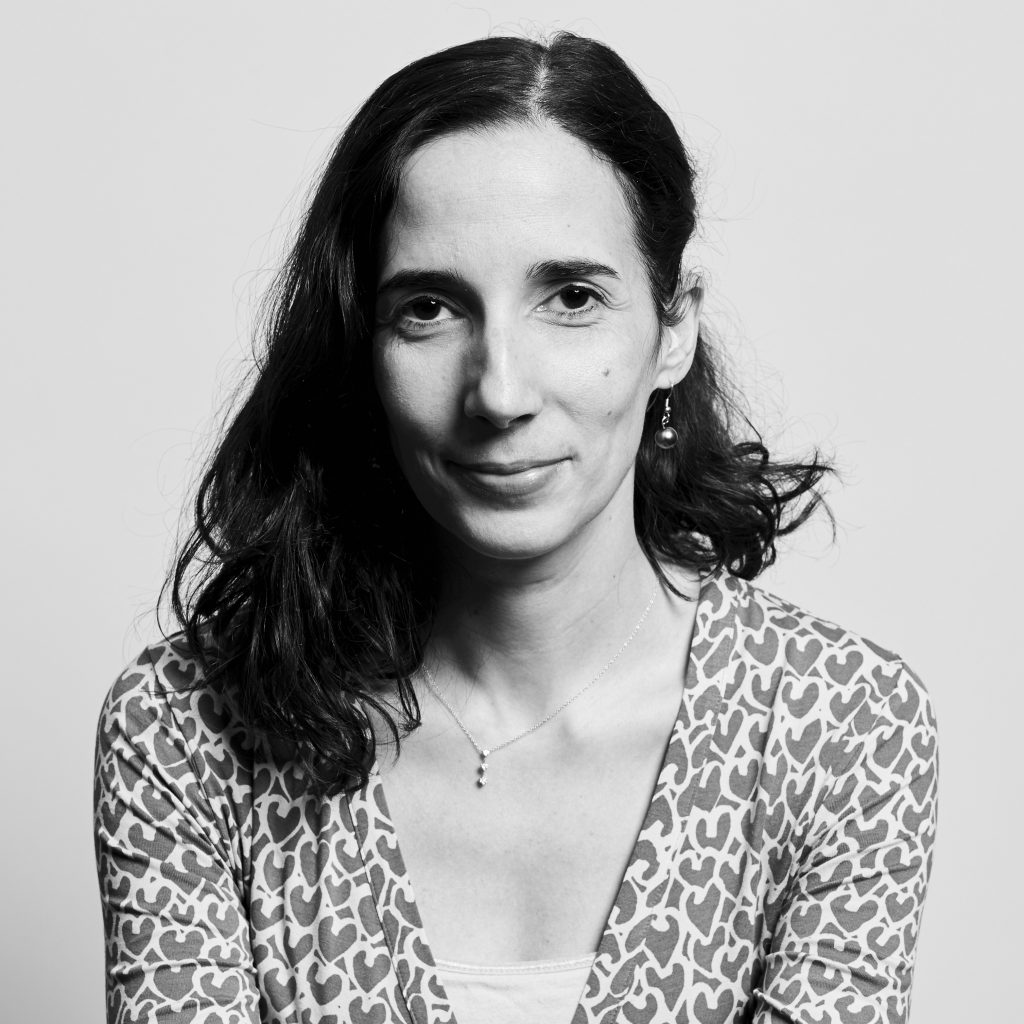 Emily Raboteau is the author of a novel, The Professor’s Daughter (Henry Holt) and a work of creative nonfiction, Searching for Zion (Grove/Atlantic), named a best book of 2013 by The Huffington Post and The San Francisco Chronicle, a finalist for the Hurston Wright Legacy Award, grand prize winner of the New York Book Festival, and winner of a 2014 American Book Award. Her fiction and essays have been widely published and anthologized in Best American Short Stories, The New York Times, The New Yorker, Tin House, Buzzfeed, Literary Hub, The Guardian, Guernica, VQR, The Believer, Salon, Orion and elsewhere. Honors include a Pushcart Prize, The Chicago Tribune’s Nelson Algren Award, and fellowships from the National Endowment for the Arts, the New York Foundation for the Arts, the Lannan Foundation, and the MacDowell Colony.
Emily Raboteau is the author of a novel, The Professor’s Daughter (Henry Holt) and a work of creative nonfiction, Searching for Zion (Grove/Atlantic), named a best book of 2013 by The Huffington Post and The San Francisco Chronicle, a finalist for the Hurston Wright Legacy Award, grand prize winner of the New York Book Festival, and winner of a 2014 American Book Award. Her fiction and essays have been widely published and anthologized in Best American Short Stories, The New York Times, The New Yorker, Tin House, Buzzfeed, Literary Hub, The Guardian, Guernica, VQR, The Believer, Salon, Orion and elsewhere. Honors include a Pushcart Prize, The Chicago Tribune’s Nelson Algren Award, and fellowships from the National Endowment for the Arts, the New York Foundation for the Arts, the Lannan Foundation, and the MacDowell Colony. David Unger is writer and translator, he received Guatemala’s 2014 Miguel Angel Asturias National Literature Prize for lifetime achievement though he writes exclusively in English. His latest novel, The Mastermind, is appearing in seven languages including Spanish, Arabic, Turkish and Italian. Other published novels include The Price of Escape; Para Mi, Eres Divina; Ni chicha, ni limonada; and Life in the Damn Tropics. His short stories and essays have appeared in Guernica Magazine, Review and Playboy Mexico. As translator, he has published 14 titles including The Popol Vuh, Guatemala’s pre-Columbian creation myth and the work of Rigoberta Menchú (Guatemala), Silvia Molina (Mexico), Nicanor Parra (Chile), Teresa Cárdenas (Cuba), Mario Benedetti (Uruguay), among others. He just received a NYSCA grant to retranslate Nobelist Miguel Angel Asturias’s first novel El Señor Presidente and teaches Translation in the MFA Program.
David Unger is writer and translator, he received Guatemala’s 2014 Miguel Angel Asturias National Literature Prize for lifetime achievement though he writes exclusively in English. His latest novel, The Mastermind, is appearing in seven languages including Spanish, Arabic, Turkish and Italian. Other published novels include The Price of Escape; Para Mi, Eres Divina; Ni chicha, ni limonada; and Life in the Damn Tropics. His short stories and essays have appeared in Guernica Magazine, Review and Playboy Mexico. As translator, he has published 14 titles including The Popol Vuh, Guatemala’s pre-Columbian creation myth and the work of Rigoberta Menchú (Guatemala), Silvia Molina (Mexico), Nicanor Parra (Chile), Teresa Cárdenas (Cuba), Mario Benedetti (Uruguay), among others. He just received a NYSCA grant to retranslate Nobelist Miguel Angel Asturias’s first novel El Señor Presidente and teaches Translation in the MFA Program.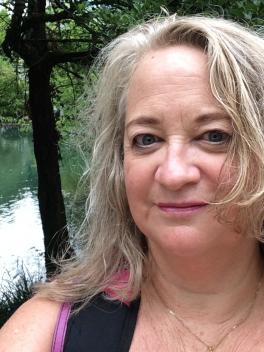 Laura Hinton is a poet, literary critic, and editor, as well as an educator. Her poetry books include Ubermutter’s Death Dance and Sisyphus My Love (To Record a Dream in a Bathtub), published by BlazeVox. Her critical books include The Perverse Gaze of Sympathy: Sadomasochistic Sentiments from Clarissa to Rescue 911 (SUNY Press), We Who Love to Be Astonished: Experimental Women’s Writing and Performance Poetics (co-editor) and Jayne Cortez, Adrienne Rich, and the Feminist Superhero: Voice, Vision, Politics and Performance in the U.S. Contemporary Women’s Poetics (editor). Her essays, poet interviews, and reviews have appeared in numerous books and journals including Contemporary Literature, Postmodern Culture, Textual Practice, Women’s Studies, Rain Taxi, Jacket2, Poetry Project Newsletter, and The Journal of the Academy of American Poets, among many others. She often works in hybrid media, and her poetry with photography and or/ video have been published in several journals including Yew, Madhatter Review, Feminist Studies, Bird Dog, How2, Poetry Seen and Red Fez. She has performed her poetry in venues from Maine to Tucson to New York City.
Laura Hinton is a poet, literary critic, and editor, as well as an educator. Her poetry books include Ubermutter’s Death Dance and Sisyphus My Love (To Record a Dream in a Bathtub), published by BlazeVox. Her critical books include The Perverse Gaze of Sympathy: Sadomasochistic Sentiments from Clarissa to Rescue 911 (SUNY Press), We Who Love to Be Astonished: Experimental Women’s Writing and Performance Poetics (co-editor) and Jayne Cortez, Adrienne Rich, and the Feminist Superhero: Voice, Vision, Politics and Performance in the U.S. Contemporary Women’s Poetics (editor). Her essays, poet interviews, and reviews have appeared in numerous books and journals including Contemporary Literature, Postmodern Culture, Textual Practice, Women’s Studies, Rain Taxi, Jacket2, Poetry Project Newsletter, and The Journal of the Academy of American Poets, among many others. She often works in hybrid media, and her poetry with photography and or/ video have been published in several journals including Yew, Madhatter Review, Feminist Studies, Bird Dog, How2, Poetry Seen and Red Fez. She has performed her poetry in venues from Maine to Tucson to New York City.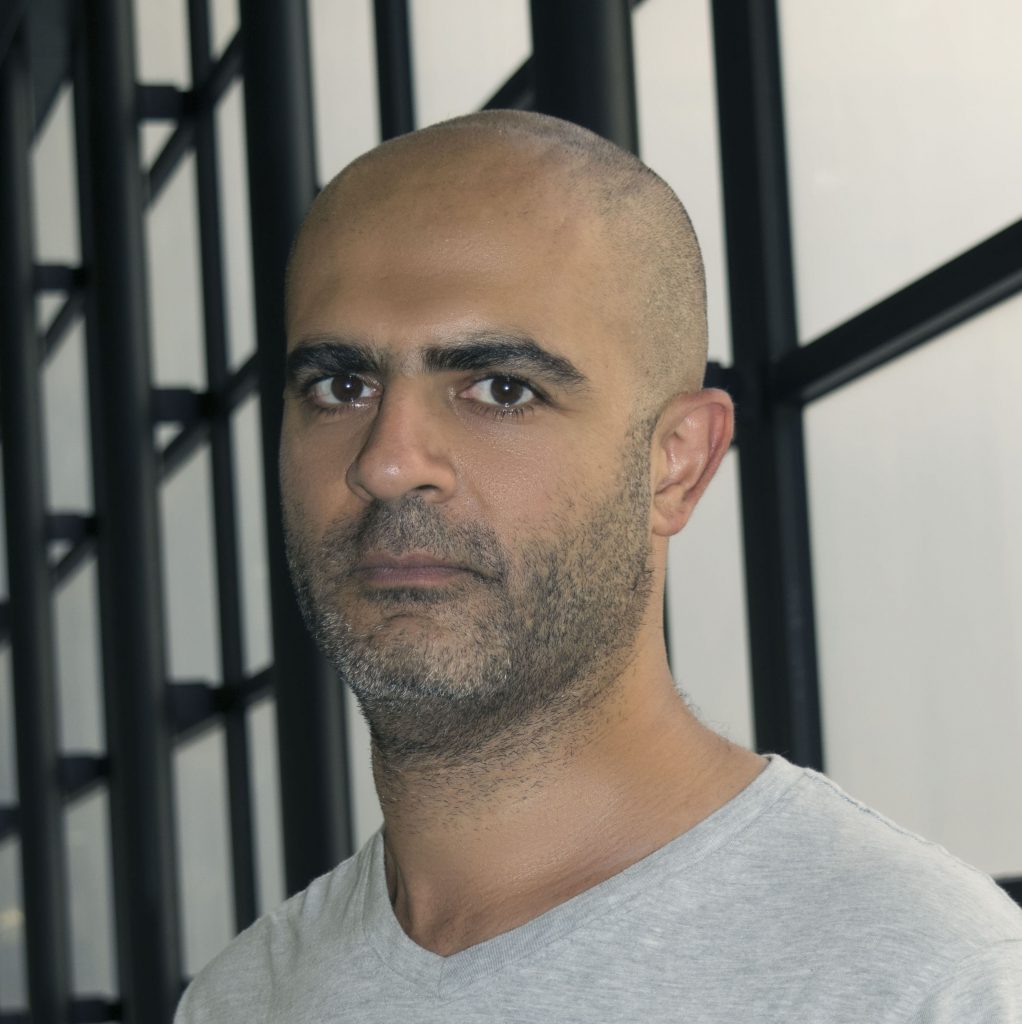 Amir Arian Ahmadi started his writing career in 2000 as a journalist in Iran. In Farsi, he has published two novels Cogwheels and Disappearance of Daniel, a collection of stories (Fragments of a Crime), and a book of nonfiction on the state of Iranian literature in the new millennium Graffiti on the Paper Wall. He also translated from English to Farsi novels by E.L Doctorow, Paul Auster, P.D. James, and Cormac McCarthy. He switched to writing in English in 2012, and has published short stories and essays in The New York Times, The Guardian, London Review of Books, Massachusetts Review, Asymptote, openDemocracy. He earned a Ph.D. in Comparative Literature from the University of Queensland in Australia, and an MFA in creative writing from NYU.
Amir Arian Ahmadi started his writing career in 2000 as a journalist in Iran. In Farsi, he has published two novels Cogwheels and Disappearance of Daniel, a collection of stories (Fragments of a Crime), and a book of nonfiction on the state of Iranian literature in the new millennium Graffiti on the Paper Wall. He also translated from English to Farsi novels by E.L Doctorow, Paul Auster, P.D. James, and Cormac McCarthy. He switched to writing in English in 2012, and has published short stories and essays in The New York Times, The Guardian, London Review of Books, Massachusetts Review, Asymptote, openDemocracy. He earned a Ph.D. in Comparative Literature from the University of Queensland in Australia, and an MFA in creative writing from NYU.  Mikhal Dekel is Professor of English and Comparative Literature at the City College and the CUNY Graduate Center and Director of the Rifkind Center for Humanities and the Arts. She is the recipient of many awards, including fellowships from the National Endowment for the Humanities, the Mellon Foundation and the Lady Davis Foundation. She is the author of Tehran Children: A Holocaust Refugee Odyssey (W. W. Norton 2019), Oedipus in Kishinev (Bialik Institute, 2014), and The Universal Jew: Masculinity, Modernity and the Zionist Moment (Northwestern University Press, 2011). Her articles, translations and blogs have appeared in The Journal of Comparative Literature, English Literary History, Jewish Social Studies, Callaloo, Shofar, Guernica, and Cambridge Literary Review, among many others.
Mikhal Dekel is Professor of English and Comparative Literature at the City College and the CUNY Graduate Center and Director of the Rifkind Center for Humanities and the Arts. She is the recipient of many awards, including fellowships from the National Endowment for the Humanities, the Mellon Foundation and the Lady Davis Foundation. She is the author of Tehran Children: A Holocaust Refugee Odyssey (W. W. Norton 2019), Oedipus in Kishinev (Bialik Institute, 2014), and The Universal Jew: Masculinity, Modernity and the Zionist Moment (Northwestern University Press, 2011). Her articles, translations and blogs have appeared in The Journal of Comparative Literature, English Literary History, Jewish Social Studies, Callaloo, Shofar, Guernica, and Cambridge Literary Review, among many others.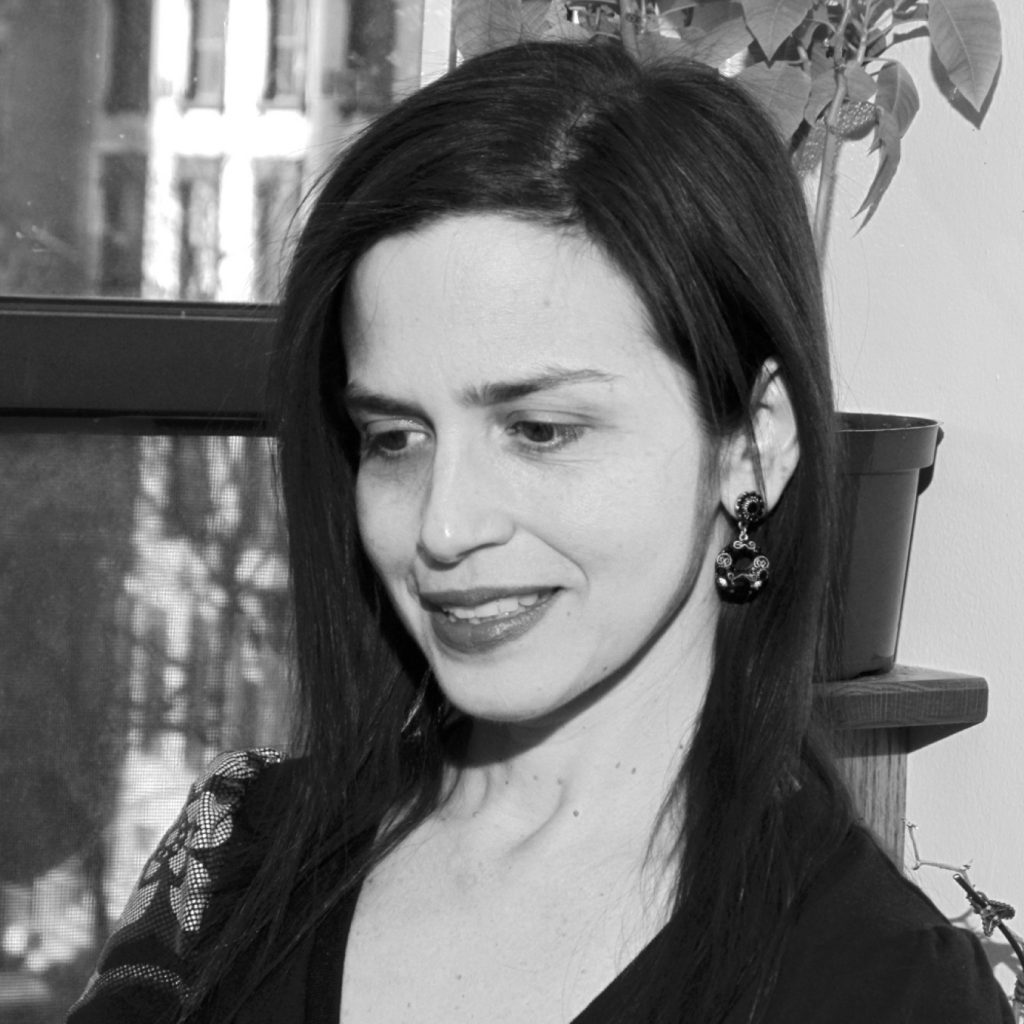 Lyn Di Iorio is working on a suspense novel, The Sound of Falling Darkness, which was shortlisted for the 2015 Faulkner-Wisdom Novel-in-Progress award. Her short novel Outside the Bones (Arte Público Press) won the 2011 Foreword Review Indie Book of the Year Silver Award, was best debut novel on the Latinidad list, a top-five finalist for the 2012 John Gardner Fiction Award, a finalist for the International Latino Book Award, and on Book Riot’s 2016 list of the top 100 works of noir. Her recent short stories have appeared in Review: Literature and Arts of the Americas and New Guard. She has won residencies and fellowships from The Millay Colony for the Arts, the Virginia Center for the Creative Arts, the Vermont Studio Center and Ucross, and was a Patricia Harris Fellow at Stanford University’s Creative Writing Program.
Lyn Di Iorio is working on a suspense novel, The Sound of Falling Darkness, which was shortlisted for the 2015 Faulkner-Wisdom Novel-in-Progress award. Her short novel Outside the Bones (Arte Público Press) won the 2011 Foreword Review Indie Book of the Year Silver Award, was best debut novel on the Latinidad list, a top-five finalist for the 2012 John Gardner Fiction Award, a finalist for the International Latino Book Award, and on Book Riot’s 2016 list of the top 100 works of noir. Her recent short stories have appeared in Review: Literature and Arts of the Americas and New Guard. She has won residencies and fellowships from The Millay Colony for the Arts, the Virginia Center for the Creative Arts, the Vermont Studio Center and Ucross, and was a Patricia Harris Fellow at Stanford University’s Creative Writing Program. Keith Gandal is Professor of English at the City College of New York, with a joint appointment in American Literature and Creative Writing. He received his Ph.D. from University of California, Berkeley. He is the author of five books: four scholarly monographs and a novel. His research has focused on two areas of American studies: literature and poverty, and literature and war. His scholarly books are The Virtues of the Vicious: Jacob Riis, Stephen Crane and the Spectacle of the Slum (Oxford University Press, 1997), Class Representation in Modern Fiction and Film (Palgrave Macmillan, 2007), The Gun and the Pen: Hemingway, Fitzgerald, Faulkner and the Fiction of Mobilization (Oxford, 2008), and War Isn’t the Only Hell: A New Reading of World War I American Literature (Johns Hopkins University Press, 2018). The novel, Cleveland Anonymous (North Atlantic Books, 2002), combines a variety of genres, including comedy and mystery. At City College, he has served as MFA director, MA director, deputy chairperson, and chair.
Keith Gandal is Professor of English at the City College of New York, with a joint appointment in American Literature and Creative Writing. He received his Ph.D. from University of California, Berkeley. He is the author of five books: four scholarly monographs and a novel. His research has focused on two areas of American studies: literature and poverty, and literature and war. His scholarly books are The Virtues of the Vicious: Jacob Riis, Stephen Crane and the Spectacle of the Slum (Oxford University Press, 1997), Class Representation in Modern Fiction and Film (Palgrave Macmillan, 2007), The Gun and the Pen: Hemingway, Fitzgerald, Faulkner and the Fiction of Mobilization (Oxford, 2008), and War Isn’t the Only Hell: A New Reading of World War I American Literature (Johns Hopkins University Press, 2018). The novel, Cleveland Anonymous (North Atlantic Books, 2002), combines a variety of genres, including comedy and mystery. At City College, he has served as MFA director, MA director, deputy chairperson, and chair. David Groff received his MFA from the University of Iowa Writers Workshop. He also has an MA in English and Expository Writing from the University of Iowa. His two books are poetry are Clay (Trio House Press, 2013) and Theory of Devolution (University of Illinois Press, 2002). He has co-edited the anthologies Who’s Yer Daddy?: Gay Writers Celebrate Their Mentors and Forerunners (University of Wisconsin Press, 2013) and Persistent Voices: Poetry by Writers Lost to AIDS (Alyson, 2010).
David Groff received his MFA from the University of Iowa Writers Workshop. He also has an MA in English and Expository Writing from the University of Iowa. His two books are poetry are Clay (Trio House Press, 2013) and Theory of Devolution (University of Illinois Press, 2002). He has co-edited the anthologies Who’s Yer Daddy?: Gay Writers Celebrate Their Mentors and Forerunners (University of Wisconsin Press, 2013) and Persistent Voices: Poetry by Writers Lost to AIDS (Alyson, 2010).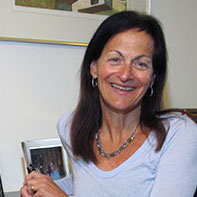 Pamela Laskin directs the Poetry Outreach Center at City College. Several of her children’s and poetry books have been published, most recently, RONIT AND JAMIL, a Palestinian/Israeli version of “Romeo and Juliet” in verse published by Harper Collins in 2017. BEA, a picture book, was a finalist for the Katherine Paterson Prize for Children’s Fiction. She teaches children’s writing in the MFA program
Pamela Laskin directs the Poetry Outreach Center at City College. Several of her children’s and poetry books have been published, most recently, RONIT AND JAMIL, a Palestinian/Israeli version of “Romeo and Juliet” in verse published by Harper Collins in 2017. BEA, a picture book, was a finalist for the Katherine Paterson Prize for Children’s Fiction. She teaches children’s writing in the MFA program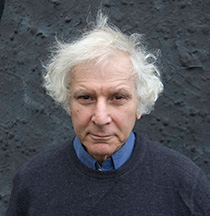 Mark Jay Mirsky is the author of thirteen books, among them five novels and a book of stories and novellas, Thou Worm Jacob, Proceedings of the Rabble, Blue Hill Avenue, The Secret Table, The Red Adam, and Puddingstone. He has also published three critical studies, The Absent Shakespeare, Dante, Eros and Kabbalah. Blue Hill Avenue was listed by the Boston Globe in 2009 as “One of the Essential Books of New England.” His last book A Mother’s Steps is a search for his mother in dreams and photographic albums. The editor of the Diaries in English translation of Robert Musil (Basic Books) and co-editor of Rabbinic Fantasies (Yale University Press) and Volume 1 and 2 of The Jews of Pinsk, 1506-1941 (Stanford University Press) he has been the editor of Fiction since its founding in 1972. Professor Mirsky has taught at Stanford University and Bar Ilan as well as serving first as director of the City College M.A., and then as chairperson of its English Department. He has published in numerous periodicals, the New York Times Sunday Book Review, the Washington Post, Partisan Review, and received a National Endowment for the Humanities fellowship and a New York Foundation for the Arts Award.
Mark Jay Mirsky is the author of thirteen books, among them five novels and a book of stories and novellas, Thou Worm Jacob, Proceedings of the Rabble, Blue Hill Avenue, The Secret Table, The Red Adam, and Puddingstone. He has also published three critical studies, The Absent Shakespeare, Dante, Eros and Kabbalah. Blue Hill Avenue was listed by the Boston Globe in 2009 as “One of the Essential Books of New England.” His last book A Mother’s Steps is a search for his mother in dreams and photographic albums. The editor of the Diaries in English translation of Robert Musil (Basic Books) and co-editor of Rabbinic Fantasies (Yale University Press) and Volume 1 and 2 of The Jews of Pinsk, 1506-1941 (Stanford University Press) he has been the editor of Fiction since its founding in 1972. Professor Mirsky has taught at Stanford University and Bar Ilan as well as serving first as director of the City College M.A., and then as chairperson of its English Department. He has published in numerous periodicals, the New York Times Sunday Book Review, the Washington Post, Partisan Review, and received a National Endowment for the Humanities fellowship and a New York Foundation for the Arts Award.
